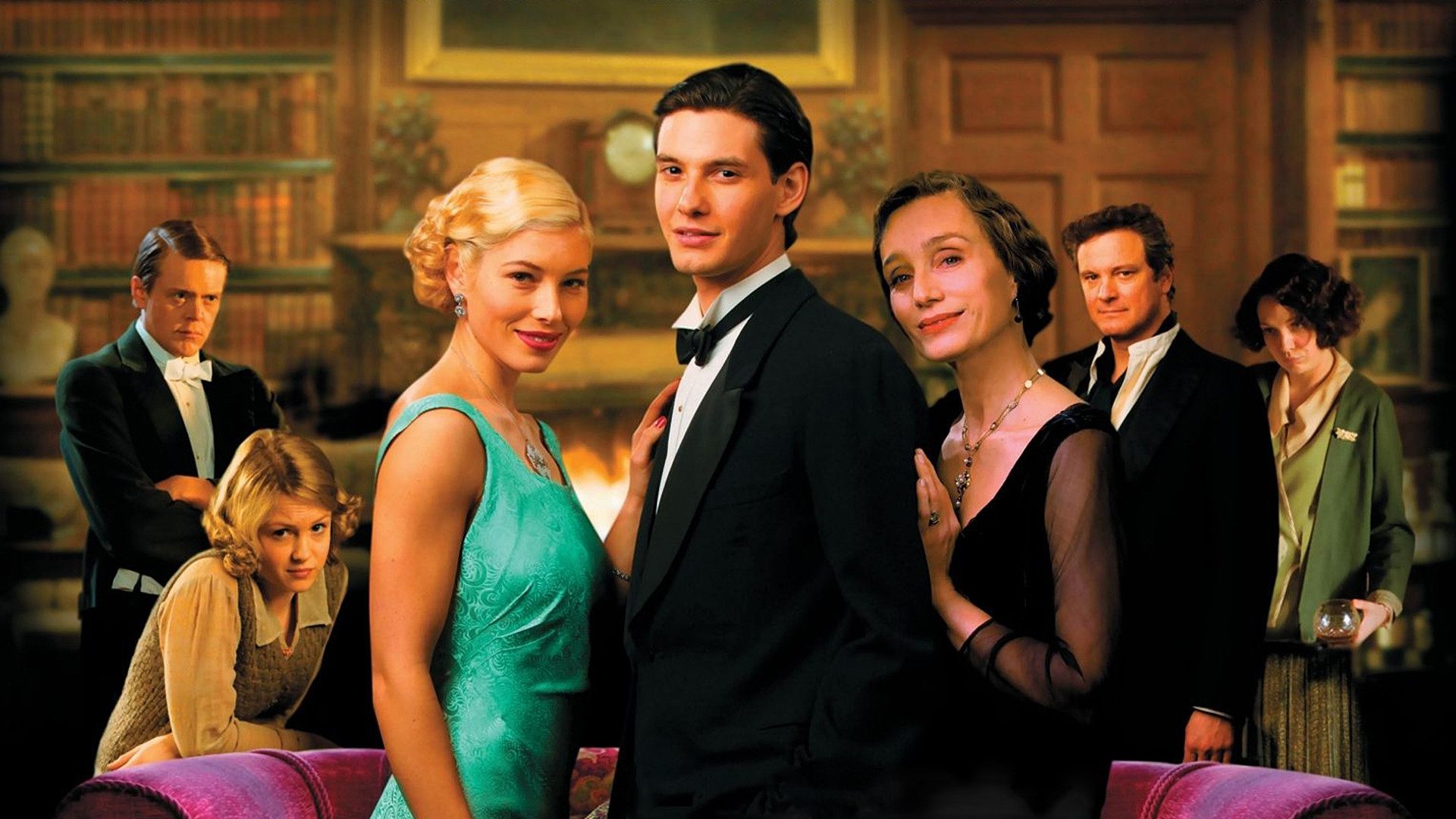Easy Virtue

Audience emotional responses for 'Easy Virtue' are primarily driven by its comedic and romantic elements. **Humor** is the dominant emotion, stemming from the sharp wit, the clash of cultures between the free-spirited American Larita and the rigid British aristocracy, and the farcical situations orchestrated by Mrs. Whittaker. **Joy** and **Love** are central, reflecting the romantic core of the story and the initial happiness of the couple, as well as the enduring affection that underpins the narrative. **Happiness** and **Hope** contribute to the overall positive and lighthearted tone, despite the conflicts. **Empathy** is felt for Larita as she navigates a hostile environment, and for Mr. Whittaker, who embodies a quiet sadness and longing for freedom. Emotions like **Anger** (towards Mrs. Whittaker's manipulations), **Anticipation** (of the next social skirmish), **Relief**, and **Satisfaction** are also present as the plot unfolds and conflicts are addressed, leading to a fulfilling, if unconventional, resolution. A touch of **Sadness** and **Melancholy** arises from Mr. Whittaker's character, reflecting themes of post-war disillusionment and a fading way of life.
Rate the Movie
Emotion Statistics